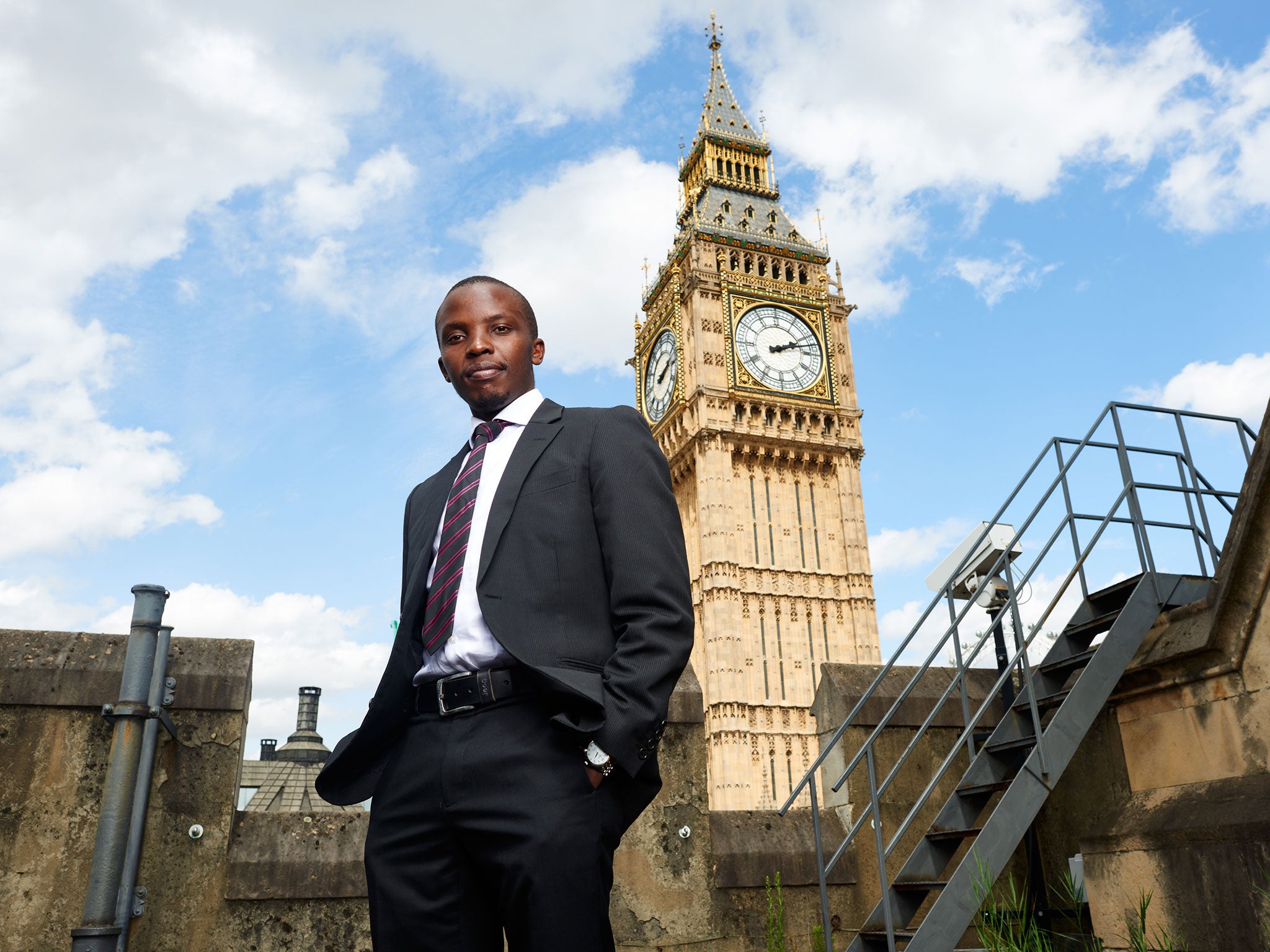A Ugandan political journalist's week in Westminster: ‘The British may be cynical about politics, but it’s a strong system’
While you criticise PMQs, questions are concise and answered precisely

Your support helps us to tell the story
From reproductive rights to climate change to Big Tech, The Independent is on the ground when the story is developing. Whether it's investigating the financials of Elon Musk's pro-Trump PAC or producing our latest documentary, 'The A Word', which shines a light on the American women fighting for reproductive rights, we know how important it is to parse out the facts from the messaging.
At such a critical moment in US history, we need reporters on the ground. Your donation allows us to keep sending journalists to speak to both sides of the story.
The Independent is trusted by Americans across the entire political spectrum. And unlike many other quality news outlets, we choose not to lock Americans out of our reporting and analysis with paywalls. We believe quality journalism should be available to everyone, paid for by those who can afford it.
Your support makes all the difference.Monday
Coming to Westminster after the Tunisian terror attack I am surprised by the lack of heightened checks.
In Uganda despite forking out the equivalent of £300,000 on state-of-the art security equipment, accessing parliament is tortuous – even for pass-holders.
Laptops have to be switched on and off and body searches are commonplace. The checks are so over-the-top that some MPs resort to abandoning their cars at the entrance.
It isn’t that effective either. Recently some youths managed to smuggle a couple of piglets in to protest at MPs’ snouts in the trough. The police responded by firing two officers who were manning the gates claiming their “pregnancy had got in the way of their work”.
Tuesday
My first culture shock is the so-called parliamentary reporters lobby. Journalists are banned from leaving the room during briefings by the Prime Minister’s spokeswoman and she cannot even be named.
Wednesday
The Speaker bellows out that it’s Prime Minister’s Question Time. What strikes me is the cacophony of MPs murmuring like kids on a picnic who irritate John Bercow, prompting his roars of ‘Orderrrrr’.
In my parliament, PMQs only started last July. MPs initially struggled with them: indulging in long-winded questions – to the annoyance of the Speaker. But they get it now – understanding that PMQs offers them a chance to get a soundbite on the radio.
Thursday
Joining two British journalists for lunch with an MP, I am surprised that it’s the custom for reporters to foot bills when meeting sources.
A Ugandan journalist will meet sources but reporters seldom pick up the bill, leaving it to the politician who is more than willing to do so. Aware that such freebies can lead to undue familiarity and compromise integrity, editorial policies bar such conduct.
Friday
In both countries MPs are expected to travel to their constituencies every Friday, to consult constituents.
In Uganda they get a mileage allowance. But with no tracking system, MPs rarely make these trips. And they often don’t turn up in parliament either.
The British may be cynical about politicians and Westminster but by Ugandan standards it’s a pretty strong system. And while you criticise PMQs, questions are concise and answered precisely and there is no derailing of debate with redundant points of order and procedure.
Solomon Arinaitwe worked with ‘The Independent’ as one of the 2015 David Astor Journalism Awards programme winners. The David Astor Journalism Awards Trust works to support independent journalism in Africa.
Subscribe to Independent Premium to bookmark this article
Want to bookmark your favourite articles and stories to read or reference later? Start your Independent Premium subscription today.
Join our commenting forum
Join thought-provoking conversations, follow other Independent readers and see their replies
Comments